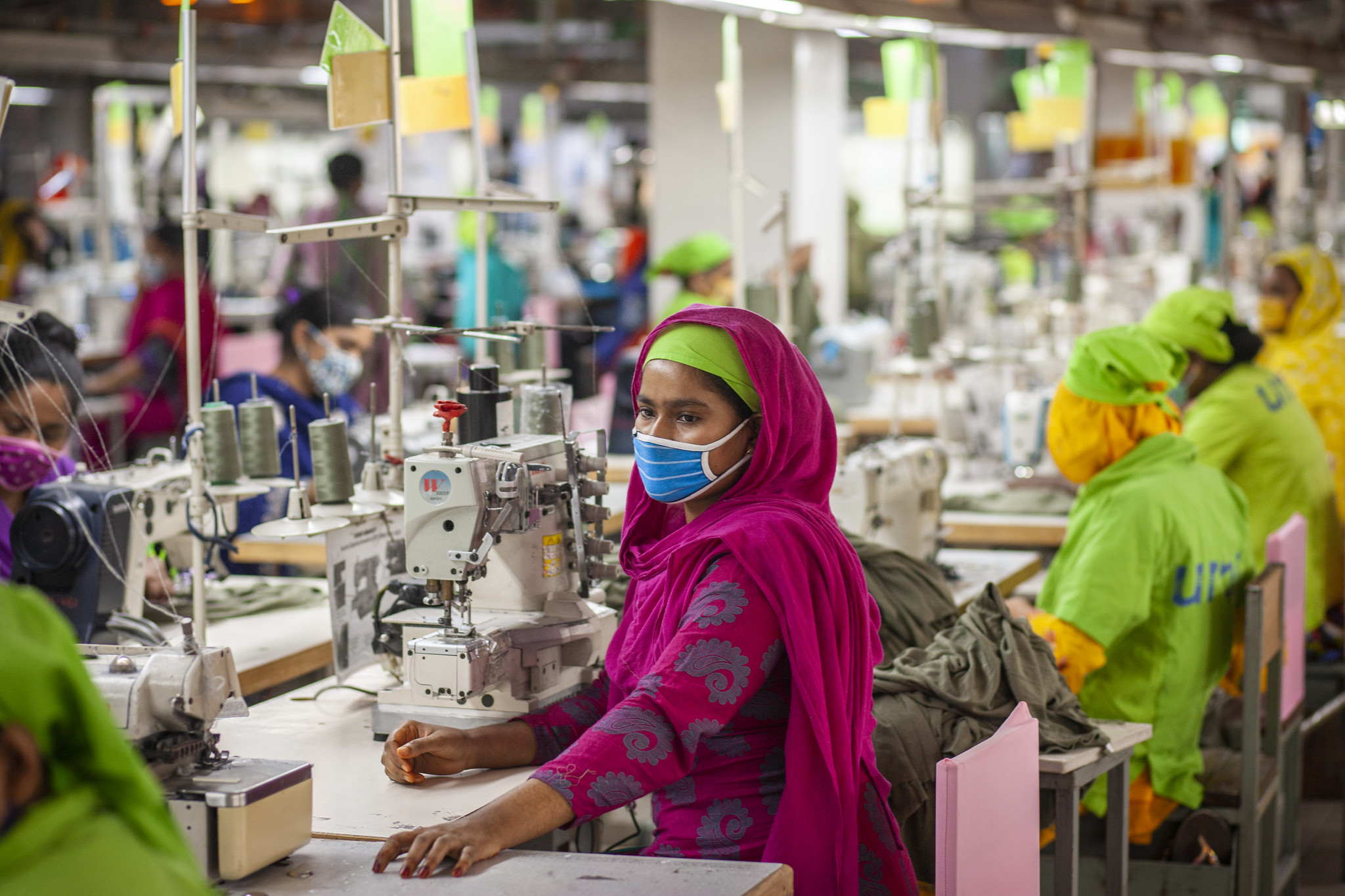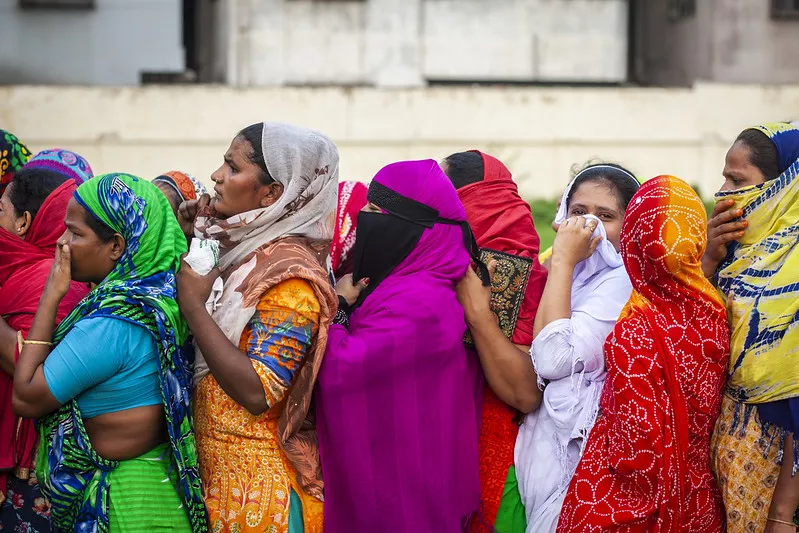Bangladesh has a commendable record of learning from crises. Before the pandemic, it had implemented a range of reforms aimed at fostering citizen participation in the governance process, alongside investments in digital and face-to-face communication systems to enable interaction between citizens and government actors. However, did the government succeed in listening to and responding to citizens’ needs regarding health and social protection during the pandemic?
The project found that government actors increasingly recognized the value of citizen feedback to inform policies and programs in response to Covid-19. Although the use of feedback mechanisms increased during the pandemic, it was still limited due to a lack of awareness and the belief that complaining would not achieve anything. People continued to rely on informal channels for voicing grievances and preferred in-person interactions. While some innovations, such as the vaccine registration platform Surokkha, were successful in addressing specific urgent needs, more generalized feedback systems saw limited adoption.
Some of the recommendations that the project outlined are:
- Explore unified feedback systems across government agencies and improve response capacities.
- Strengthen in-person, offline interfaces for feedback alongside digital platforms.
- Explore partnerships with civil society to increase adoption of feedback mechanisms.
- Protect citizens’ data privacy rights. Train the operators of digital systems, on privacy and digital rights. Promote digital literacy for citizens to enable more informed uptake of digital services and schemes.
In this video CLEAR grantee Mirza M. Hassan discusses his insights from the Feedback State project and what can be learned for the design and execution of future pandemic response strategies. Of note are the mechanisms for soliciting and addressing citizens’ concerns. Hassan also offers valuable insights for global stakeholders seeking to learn from this experience.
Read the full project report to find out more:
Ahmed, Z., Aziz, S. S., Chowdhury, S., Hassan, M., Hoque, R., Hossain, N., P. K. Panday, and M. Ul-Mutahara. (2023). ‘The Feedback State: Listening and Responding to Bangladesh’s Citizens During the COVID-19 Pandemic: Research Findings’. Report. Dhaka: Manusher Jonno Foundation.
The following Op-Ed also appeared in the Dhaka Tribune
Learning to listen: What the government gained from Covid-19

